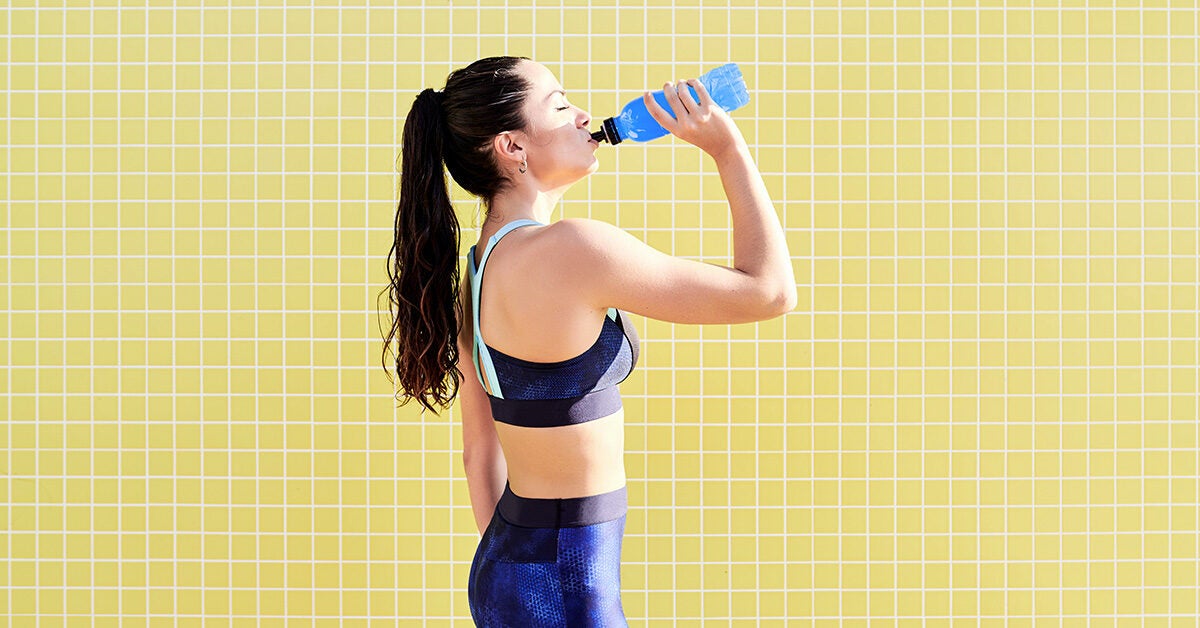If you love fitness or you are trying to gain muscle you might have heard of creatine and protein shake powder. Both are popular supplements used by people looking to build muscle and achieve their performance goals.
Although their effects overlap, they also have important differences in their chemical composition. The good news is that you may not have to choose between protein and creatine if you want to boost muscle growth and increase performance.
Keep reading as we break down the similarities and differences between protein powder and creatine so you can adjust your routine for maximum benefits.
Powdered proteins are popular because they are an easy and convenient way to get the full range of amino acids your body needs to support muscle growth.
There are tons of different protein powders on the market, including whey, casein, soy, peas and hemp. But those looking to turn up the volume may prefer whey protein, as it contains the nine essential amino acids your body needs for healthy functioning. Because your body cannot produce these amino acids, you need to get them from your diet.
Taking whey protein can help you gain weight. Research suggests that consuming whey protein after exercise may improve recovery and increase muscle mass. In addition, other studies have confirmed that taking daily whey protein isolates in combination with strength training can increase lean body mass, strength and gains.
Protein provides the amino acids your body needs for muscle protein synthesis, and you should get a maximum of 25 grams for your efforts.
Protein powder also has other health benefits. For example, an initial 2010 study showed that whey protein supplements could significantly lower blood cholesterol, blood pressure, and inflammatory markers.
It is very easy and convenient to use protein powder. Simply mix it with water, milk or juice of your choice and remove. Or, if you prefer, you can add it to baked goods, pancakes, waffles or oatmeal.
Creatine is a compound made up of three amino acids that muscle cells produce naturally. That is why foods such as red meat and fish are rich sources.
When it consumes creatine, the blood carries it to the skeletal muscles, where it is stored as a high-energy molecule called phosphocreatine. During intense exercise such as sprinting or lifting, cells convert phosphocreatine to ATP for an immediate burst of energy. If you run out of creatine, you will experience muscle fatigue.
Creatine supplements are usually in the form of creatine monohydrate. Research shows that combining these supplements with a proper workout regimen can increase exercise performance, including sprinting skills, weight lifting, and vertical jumps.
Previous research in 2003 found that when athletes added creatine to their workout, their strength increased by 8 percent. In addition, its bench press performance increased by up to 43 percent compared to training alone.
These improvements are because creatine helps the body produce ATP. You usually have a few seconds of high-intensity activity before your cells run out of ATP, but creatine allows you to last longer.
Finally, creatine can increase cell volume, that is, the water content of muscles. The higher the water, the more inflated and pumped they appear.
As with protein powder, creatine supplements are easy to take. You can dissolve the powder in water, juice or tea or buy it in capsules or chewable tablets.
So, bottom line is that creatine and protein supplements are designed to help you achieve your fitness goals, but they do so in different ways.
Creatine is produced naturally in the body and consists of three amino acids: methionine, arginine and glycine. In contrast, whey protein contains nine essential amino acids that your body cannot produce.
Both products can increase muscle mass along with resistance exercise. Creatine increases fitness during high-intensity exercise, leading to better recovery and muscle growth. While consuming whey protein in combination with exercise, it stimulates and improves muscle protein synthesis, and over time, you should notice an increase in muscle gains.
The two differ in time. It is best to take creatine about 30 minutes before going to the gym to feed your exercise. On the other hand, it saves protein shake for recovery after training to stimulate repair and muscle growth.
Some users may take their supplements together because they believe the benefits can be synergistic. However, studies show that this is probably not true.
In a 2013 study, all 42 male participants found no additional training benefit from taking the supplements together compared to taking them separately.
While there may not appear to be any traceable benefits to taking the supplements together, there are likely to be no adverse effects either.
There is no right or wrong answer here. Because both protein powder and creatine have unique health benefits, the best choice for you will depend on your goals.
Creatine helps muscles retain water, making them look bigger. It also provides them with more energy for longer and more intense workouts.
On the other hand, proteins are full of essential amino acids that muscles need for growth and recovery.
If you are looking for a convenient way to get all the essential amino acids your body needs, protein powder is the way to go. If you are focused on increasing your energy levels and exercise performance, creatine can give you an advantage.
In general, you will get the most results and benefits by taking serum protein and creatine together. So the real winner here is you!
Both protein powder and creatine work differently, but together to help promote muscle growth.
Creatine increases exercise performance by giving more energy to the muscles. It also retains water inside the muscles, making them look bigger.
Instead, protein provides the essential amino acids your muscles need to grow and recover after a workout.
In general, you will see the best results using both supplements in tandem, so you will have all the tools at your disposal to build strong and healthy muscles.


Comments are closed.